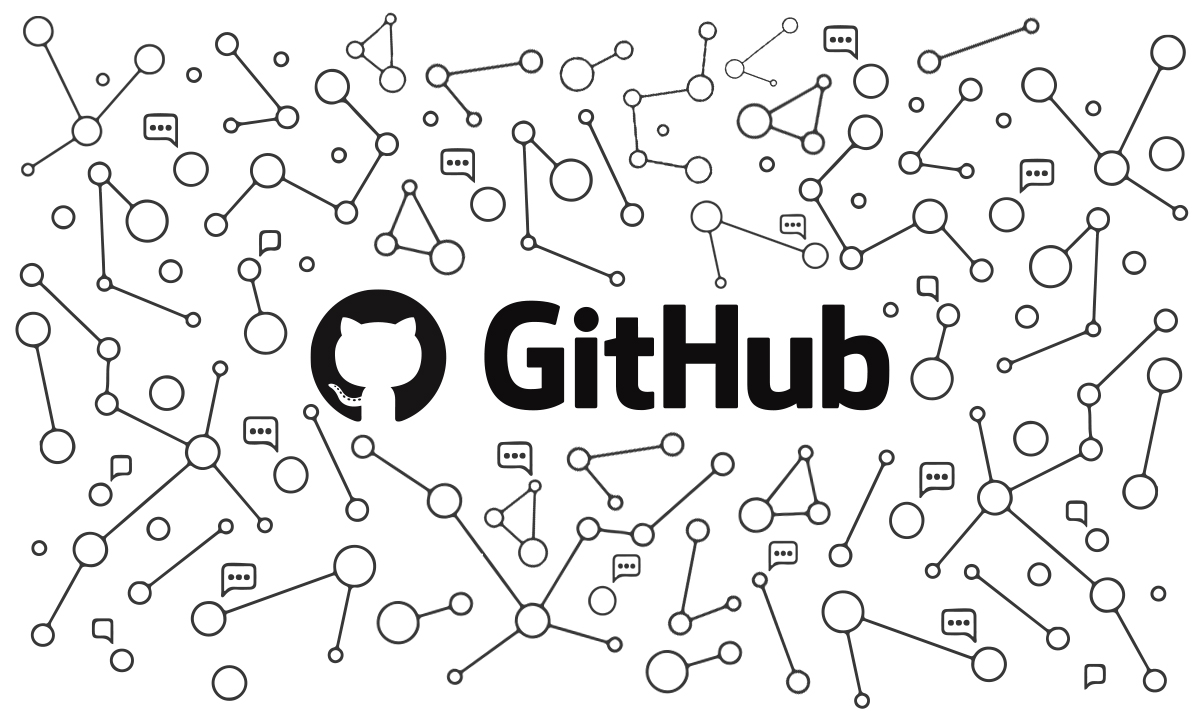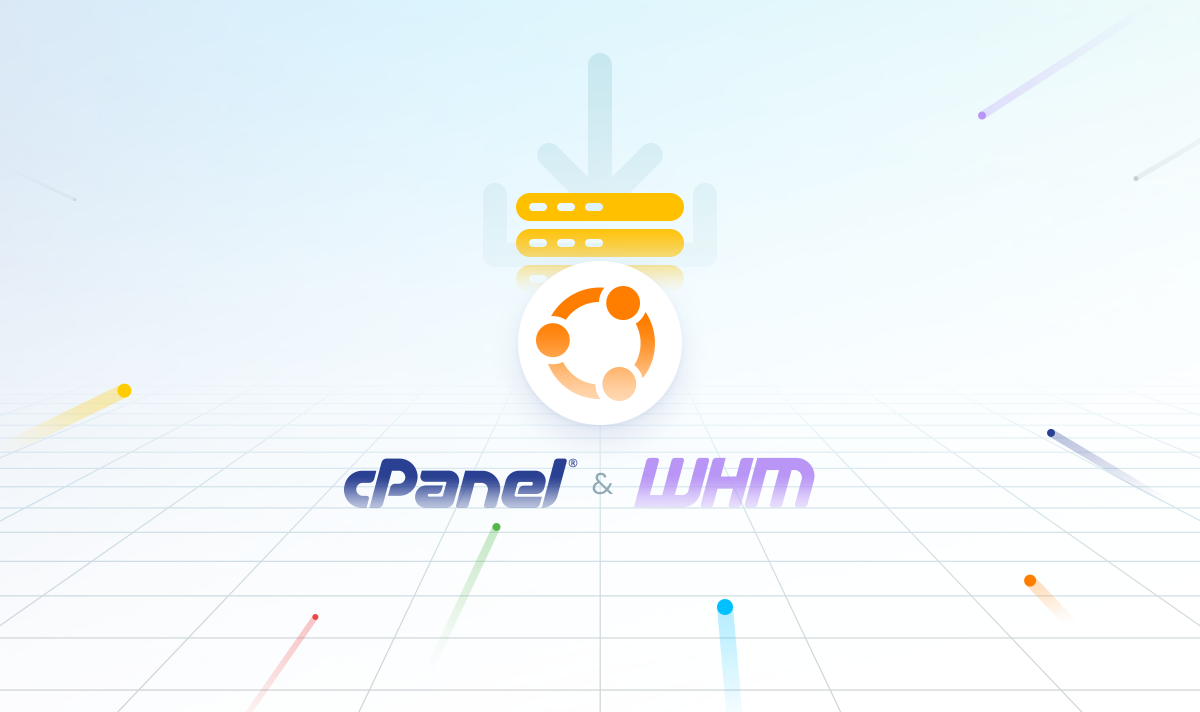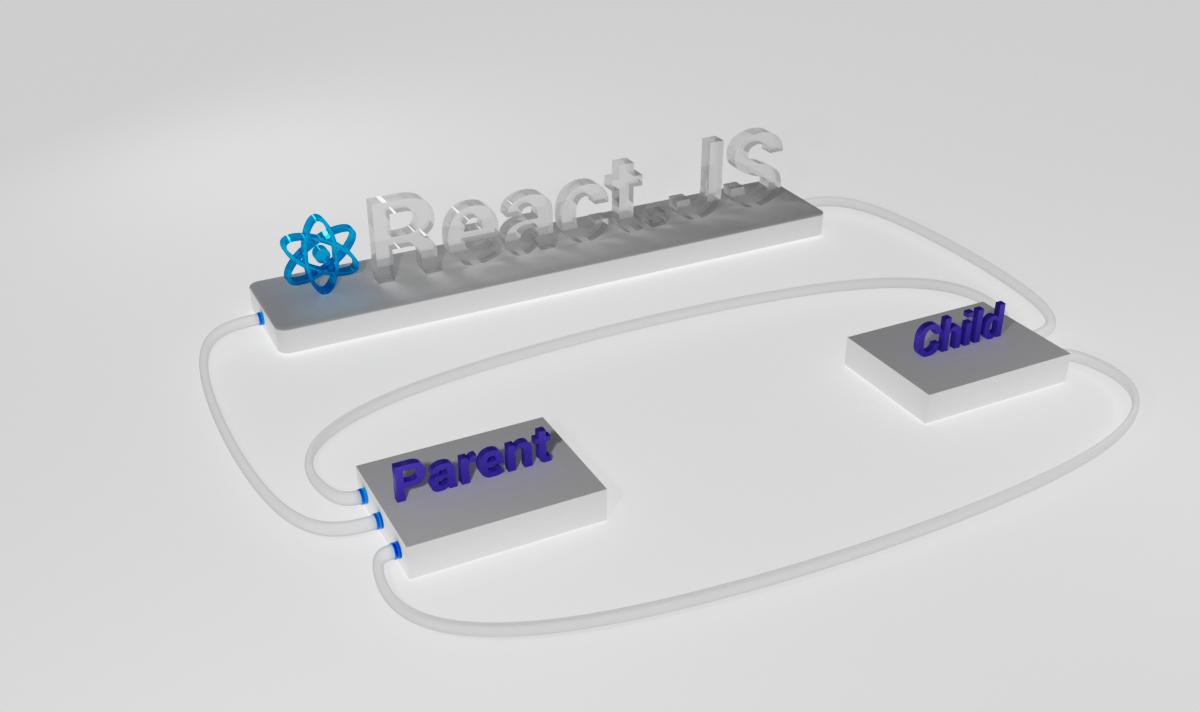At an undeniable level, GitHub is a site and cloud-based assistance that assists designers with putting away and dealing with their code, just as tracking and controlling changes to their code. To see precisely what GitHub is, you should know two associated standards:
- Version control
- Git
In this blog, we’ll initially clarify those two standards. Then, we’ll delve deep with regards to GitHub and how you can really utilize GitHub to work with WordPress as well as Kinsta.
What is Version Control?
Adaptation control assists developers with following and overseeing changes to a project’s code. As a software project develops, version control becomes fundamental. Take WordPress for an instance…
Now, WordPress is a huge venture. Assuming a center designer needed to chip away at one explicit piece of the WordPress codebase, it wouldn’t be protected or effective to have them straightforwardly alter the “official” source code.
All things being equal, version control allows designers securely to work through branching and merging.
With expanding, an engineer copies some portion of the source code (called the repository). The developer can then securely make changes to that part of the code without influencing the remainder of the project.
Then, at that point, when the developer gets their part of the code working appropriately, the individual can consolidate that code once more into the main source code to make it official.
These progressions are then followed and can be returned in case needed.

What Is Git?
Git is a particular open-source version control system made by Linus Torvalds in 2005.
In particular, Git is a disseminated version control system, which implies that the whole codebase and history is accessible on each developer’s PC, which considers simple branching and merging.
GitHub is a revenue-driven organization that offers a cloud-based Git archive facilitating administration. Basically, it makes it much simpler for people and groups to utilize Git for version control and coordinated effort.
GitHub’s interface is easy enough to understand, so even amateur coders can exploit Git. Without GitHub, utilizing Git for the most part requires somewhat more specialized and sharp utilization of the order line.
GitHub is so easy to understand, that certain individuals even use GitHub to oversee different sorts of activities – like composing books.
Furthermore, anybody can join and host a public code repository free of charge, which makes GitHub particularly famous for open-source projects.
As an organization, GitHub gets cash by selling work with private code repositories, just as other business-centered plans make it simpler for associations to oversee colleagues and security.
What’s the Difference between Git & Github and How to Get Started with Both
GitHub makes it simpler to work together utilizing git. A stage can hold repositories of code in cloud-based capacity with the goal that various developers can chip away at a solitary project and see every other alteration continuously.
Furthermore, it additionally incorporates project association and the executives’ highlights. You can allot tasks to people or gatherings, set authorizations, and jobs for associates, and use remark control to keep everybody on task.
Furthermore, GitHub repositories are publicly accessible. Developers from across the globe can associate with and add to one another’s code to change or further develop it, which is known as ‘social coding’. As it were, this makes GitHub a systems administration website for web experts.
There are three essential moves you can make with regards to associating with other developers’ code on GitHub:
- Fork: The most common way of duplicating someone’s code from the archive is to change it.
- Pull: When you’ve completed the process of making changes to another person’s code, you can impart them to the first owner by means of a ‘pull request’.
- Merge: Owners can add new changes to their activities by means of a merge, and give credit to the contributors who proposed them.
Particularly for newer developers who are attempting to develop their resumes, this can be an extraordinary chance to acquire some experience. GitHub empowers you to share projects on your profile and keeps a course of events of the multitude of ones you’ve added to, too.
To summarize the distinction between git versus GitHub:
git is a local VCS software that empowers developers to save snapshots of their projects over the long run.
GitHub is a web-based platform that joins git’s form control, so they can be utilized cooperatively. It additionally incorporates projects and groups the executives’ highlight, just as promising circumstances for systems administration and social coding.






